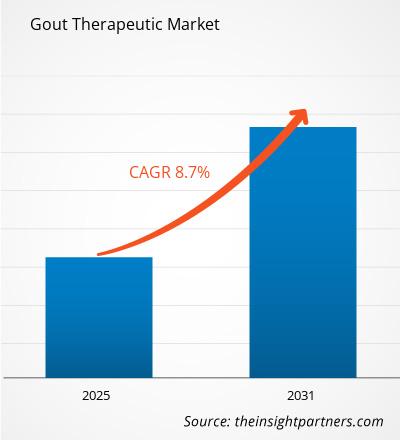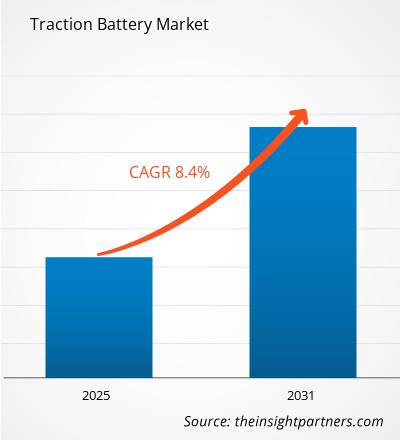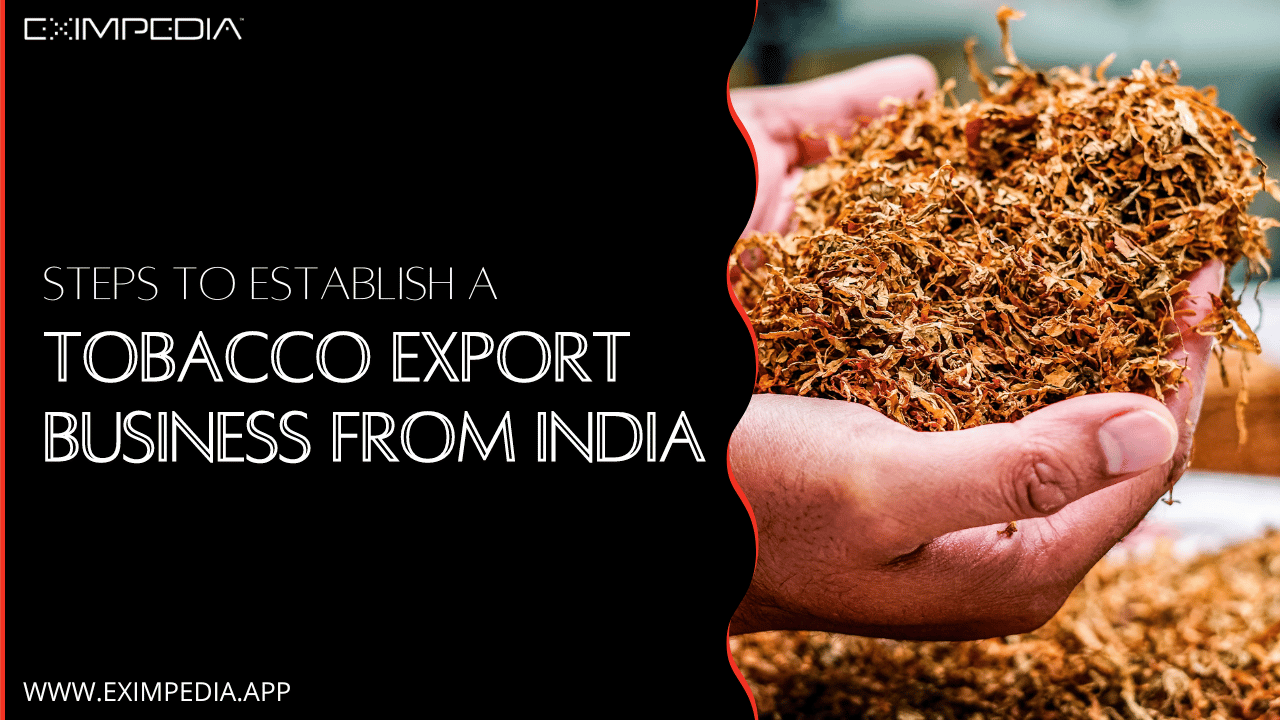The Future of Connected Healthcare — SPARK Matrix™ IoMT Platform Findings
Click Here: https://qksgroup.com/market-research/spark-matrix-internet-of-medical-things-platform-q3-2024-8221
QKS Group’ Internet of Medical Things market research includes a detailed global market analysis of major vendors. The research comprises of vendors’ product features and functionalities, as well as competitive differentiating factors. The research provides competitive landscape and vendor analysis to enable service vendors to enhance their understanding of the market and implement a growth-oriented technical roadmap.
Click Here: https://qksgroup.com/market-research/spark-matrix-internet-of-medical-things-platform-q3-2024-8221
QKS Group’ Internet of Medical Things market research includes a detailed global market analysis of major vendors. The research comprises of vendors’ product features and functionalities, as well as competitive differentiating factors. The research provides competitive landscape and vendor analysis to enable service vendors to enhance their understanding of the market and implement a growth-oriented technical roadmap.
The Future of Connected Healthcare — SPARK Matrix™ IoMT Platform Findings
Click Here: https://qksgroup.com/market-research/spark-matrix-internet-of-medical-things-platform-q3-2024-8221
QKS Group’ Internet of Medical Things market research includes a detailed global market analysis of major vendors. The research comprises of vendors’ product features and functionalities, as well as competitive differentiating factors. The research provides competitive landscape and vendor analysis to enable service vendors to enhance their understanding of the market and implement a growth-oriented technical roadmap.
0 Comments
0 Shares
223 Views
0 Reviews









